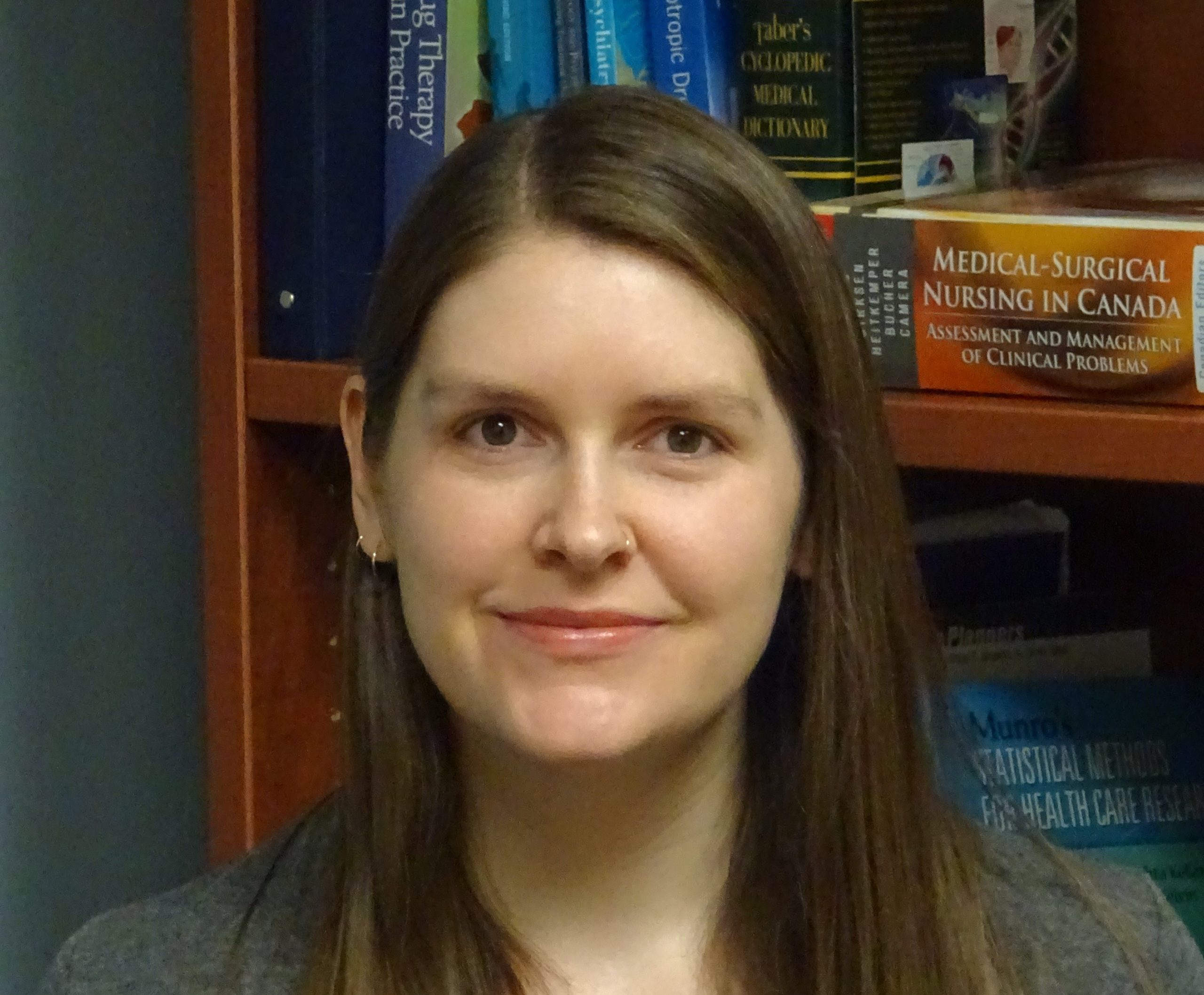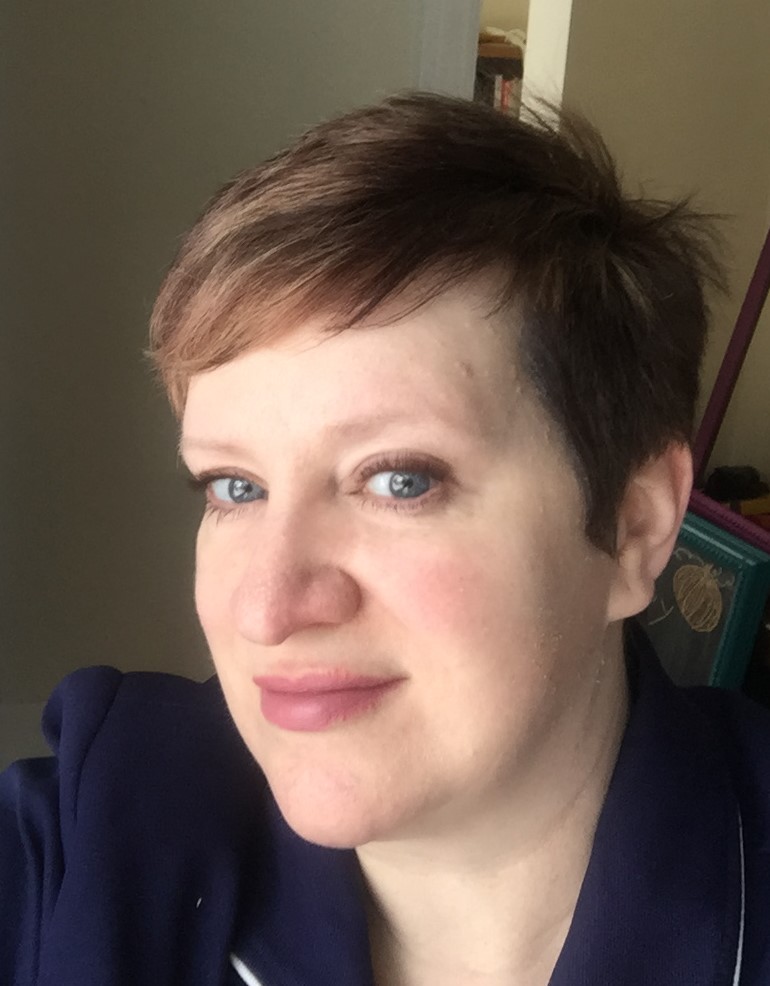
By
Andrea Thomson and Sharran Mullins
February 2021
Print Version
What you need to know
Acute care mental health units are hospital-based settings structured to provide care and support to clients experiencing psychiatric distress and crisis. Psychiatric and mental health (PMH) nurses are the healthcare staff tasked with providing round-the-clock care to clients in these settings. In addition to client-centered care, PMH nurses are responsible for managing and maintaining a safe environment or milieu in these settings. Within the past two decades, mental health service provision has shifted towards community-based care, which has changed the nature of PMH nursing practice in acute care settings. Changes in mental health care have involved the need to implement recovery-oriented practices; however, care in these settings continues to follow the medical model.
Why this research is important
Acute care PMH nurses are often tasked with dual roles of providing clients with choices regarding their treatment plan while managing unwanted or unsafe behaviors, such as agitation and aggression. These circumstances require that the PMH nurses balance the demands of individual clients with the needs of the unit milieu. Literature regarding recovery-oriented practices in acute care settings is limited.
How this research was conducted
Interpretative description as outlined by Thorne was applied as the research method to answer the question: What strategies and resources do PMH nurses identify as being most conducive to fostering a recovery-oriented acute care milieu? The study included two phases: semi-structured interviews (11 participants) and focus groups (6 participants). The participants’ years of experience employed as PMH nurses ranged from 3 to 46 years. The average length of time working in acute care settings was 11 years. Interviews lasted one hour. The focus groups were 90 minutes.
What the researchers found
A recovery-oriented milieu was described as a safe, peaceful, and holistic environment with adequate space to balance clients’ needs for privacy, interaction, and activity. A recovery-oriented milieu is fostered through healthy relationships among team members, clients, family members, and formal supports. PMH nurses have the knowledge, theory, and desire to promote recovery-oriented milieus; however, resources such as group therapy and recreational activities are required in these settings to achieve this depiction.
How this research can be used
Creating environments that promote recovery involves leadership, mission, culture, teamwork, technology, and service alignment consistent with the principles of recovery. A balance of privacy, rest, and meaningful activities was described as being essential to enhancing recovery for individual clients and the unit as a whole. The participants reported that occupational therapists or recreational therapists would be the professionals most equipped to address the holistic needs of an acute care setting and persons residing there. However, given current funding constraints, there has been a reduction in positions for these types of service providers. Staffing should be aligned with recovery-oriented care in order to enhance service provision.
About the Researchers
Keywords
- acute care
- mental health
- milieu
- psychiatric nursing
- recovery
Editor: Christiane Ramsey
Read more BU Research
Research at Brandon University follows comprehensive policies designed to safeguard ethics, to ensure academic integrity, to protect human and animal welfare and to prevent conflicts of interest.


